
Starting June 1st, 2023 Our warehouse fee will be $0.65/cubic foot per month
In effort to lower the warehouse storage fee during inflation, we have went narrow aisle racking.This construction took us four months but the project is finally completed. With narrow aisle racking, we are able to drop storage by 24%.We as partners will go through this inflation together.
04/08/2024
When suppliers engage in partnerships with retailers, the question arises: which delivery method reigns supreme, prepaid or collect? The succinct response: it varies!
In this article, we delve into the definitive answer. The choice between prepaid and collect delivery hinges on various factors such as the supplier's operational model, the preferences of the receiving retailer, anticipated delivery timelines, associated penalties, budgetary constraints, and additional considerations.
Starting off, we'll lay out fundamental shipping terminology before delving into crucial factors suppliers must weigh when determining whether to opt for collect or prepaid delivery.
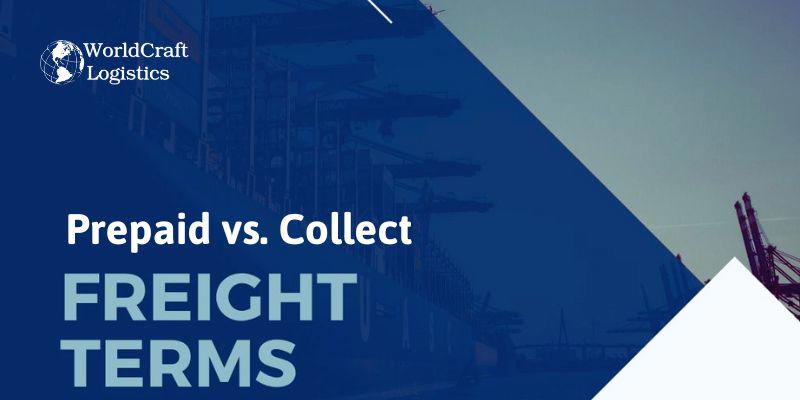
Shipments sent on a collect basis necessitate the recipient to bear all shipping costs, while those sent prepaid entail the shipper to cover all shipping charges.
In this feature, we delve beyond mere distinctions between collect and prepaid shipping. We analyze the merits of each approach, considering their implications for suppliers at WorldCraft Logistics. Additionally, we provide complimentary resources aimed at assisting suppliers in determining the optimal method for their operations.
Our other articles for you:
👉 Deciphering FCL and LCL: Choosing the Right Shipping Method
👉 Supply Chain Management vs. Logistics: What's the difference between them?
👉 EXW and FOB meaning in Incoterms: KEY difference and the BEST choice

When a company opts for freight collect shipping, the responsibility for transporting the freight falls on the buying or receiving party. The selling party's role is merely to prepare the freight for pickup as per the agreed terms on the purchase order. The buying or receiving party might utilize its own logistics infrastructure for collect deliveries or engage a third-party carrier for the task.

In opting for prepaid freight shipment, a company assumes full responsibility for transporting goods to the buyer or recipient. This entails bearing all logistical duties, either through their in-house system or by collaborating with a third-party logistics provider (3PL). Expenses related to engaging a 3PL are borne by the shipping entity, and any penalties or fines imposed by the receiving party are the direct responsibility of the shipping party, rather than the 3PL.
In the deliberation between opting for collect or prepaid shipping methods, neither holds inherent superiority over the other. The choice of method largely hinges on the shipper's business model and the stipulations established by the recipient. Let's delve into the advantages and disadvantages of opting for freight collect:
Advantages of Freight Collect | 👍 Reduced Responsibilities: The selling party relinquishes all transportation obligations to the receiving party, potentially reducing staffing needs, cutting costs, and streamlining fulfillment processes. 👍 Decreased Compliance Concerns: With sellers only responsible for order accuracy and readiness for pick-up, worries about delivery non-compliance vanish. This absence of concerns regarding delivery times and compliance issues translates to avoiding additional penalties. 👍 Stable Transportation Expenses: By agreeing upon transportation terms annually with clients when utilizing freight collect, unexpected fluctuations in shipping costs are eliminated. |
Disadvanatges of Freight Collect | 👎 Surrendering Control: Embracing the freight collect approach entails relinquishing a significant degree of control. Beyond overseeing the physical transportation of goods, sellers also forfeit authority over shipping schedules, expenses, carrier selection, and certain aspects of supply chain transparency. 👎 Absence of Time Management: While the absence of delivery time management may appear advantageous, relinquishing this control can severely impact a seller’s financial performance. While clients may impose stringent expectations and deadlines on the seller for freight delivery, they might not uphold the same standards themselves. Consequently, this could jeopardize a seller’s product availability and result in lost sales opportunities. 👎 Rigid Delivery Cost Structure: In negotiating collect shipping arrangements, the receiving party integrates transportation costs into the contract. By committing to this predetermined charge, typically established annually, sellers forfeit any flexibility to capitalize on potential shipping cost savings that may arise throughout the year. |
Freight Collect may be recommended when | ✔️ The purchaser is advocating for increased autonomy in the shipping procedure, including the ability to choose the carrier and dictate delivery schedules. ✔️ Conversely, the vendor aims to shift the burden of shipping expenses onto the buyer, thereby minimizing their initial financial outlay. ✔️ A demand exists for adaptable payment conditions, affording the buyer the opportunity to examine the merchandise prior to assuming shipping costs. |
As previously noted, there is no definitive superiority of one method over the other universally. Let's delve into the advantages and disadvantages of shipping freight prepaid:
Advantages of Freight Prepaid | 👍 Cost management is crucial in shipping logistics. When freight is prepaid, the seller determines shipping expenses, thus assuming liability. This enables negotiation of the receiving party's payment for shipments. 👍 Prepayment grants control over special shipping. The shipping party legally owns the freight during transit, transferring ownership upon delivery. This benefits businesses dealing with fragile or custom delivery freight. 👍 Prepaid freight offers ease of upfront payment. Sellers cover most shipping costs before shipment, reducing the risk of added expenses from returned freight. |
Disadvanatges of Freight Prepaid | 👎 Increased Accountability: The burden of shipping responsibilities rests entirely on the shipping party. While having complete authority may seem advantageous, it also entails facing potential penalties for non-compliance. Even when small businesses opt for a third-party carrier, any late fees incurred ultimately fall on the shipping company rather than the carrier. 👎 Rising Expenses: With greater accountability comes increased expenditures, even when tasks are delegated externally. Companies opting for prepaid freight shipment still need to oversee performance, even in collaboration with a third-party logistics provider (3PL). This necessitates allocating additional labor and resources for tasks ranging from contract negotiations to research and beyond. 👎 Selecting a Logistics Ally: Not all merchants possess their own shipping infrastructure or network of warehouses. Many must engage a 3PL, consolidator, or carrier for logistical support. Errors committed by a third party can lead to penalties for the seller, translating into lost revenue, diminished shelf space, or even removal of items from the inventory altogether. Thus, selecting the right third-party partner demands significant time and research to ensure they effectively represent the seller's interests. |
Freight Prepaid may be recommended when | ✔️ The seller aims to provide a seamless buying process for the purchaser, ensuring clear pricing inclusive of shipping fees. ✔️ Streamlined logistics are essential, with the seller assuming responsibility for organizing and covering shipping expenses. ✔️ The buyer seeks to avoid the complexities of arranging and paying for shipping independently, particularly in instances of international transactions or intricate shipping needs. |
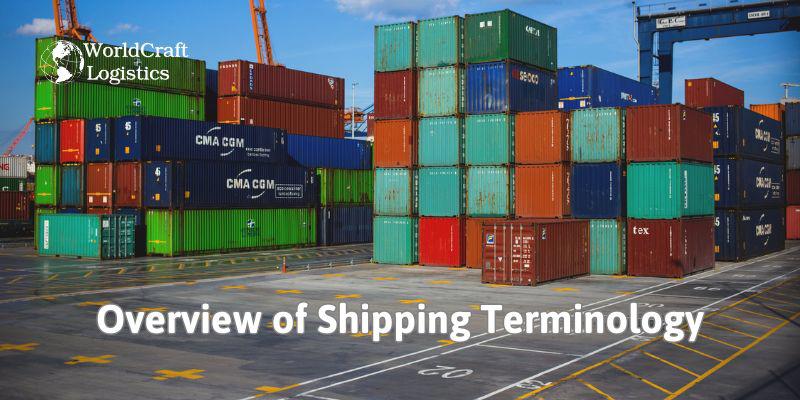
For those entering the supplier realm or joining the logistics division of a company, navigating through industry jargon can prove daunting. Understanding nuances like the contrast between "collect" and "prepaid" is crucial, yet there are additional terms essential for effective client negotiations. Familiarize yourself with these common terms before delving into business discussions.
3PL: 3PL, an abbreviation for 'third-party logistics,' is a strategic solution adopted by companies to delegate tasks such as shipping, inventory management, and warehousing to external entities.
Bill of Lading (BOL): The bill of lading serves as the comprehensive framework outlining terms and conditions governing the shipment. Within the BOL, specifics regarding freight and payment terms are clearly delineated.
Cash on Delivery (COD): In the logistics realm, cash on delivery mandates the shipper to collect payment at the time of delivering the cargo.
Free on Board (FOB): Free on board (FOB) marks the pivotal juncture in the supply chain where ownership of freight shifts from seller to buyer. It serves as the delineation point in negotiations regarding shipping and receiving, determining both payment terms and the location of ownership transfer.
FOB Destination Point (Freight Prepaid): The party sending the freight assumes responsibility for and maintains ownership of the shipment until it is delivered. Additionally, the shipping party is responsible for covering all associated fees for the transportation of the goods.
FOB Destination Point (Freight Collect): The shipping party assumes responsibility for and maintains ownership of the cargo until it reaches its ultimate destination. Subsequently, upon its arrival, the purchasing or receiving party settles the transportation costs for the cargo.
FOB Shipping Point (Freight Prepaid): The purchasing or receiving entity assumes ownership, liability, and responsibility for the freight upon departure. Meanwhile, the shipping entity covers the costs of transporting all commodities.
FOB Shipping Point (Freight Collect): The purchasing or receiving entity assumes ownership, liability, and responsibility for the freight from the point of origin. Additionally, the purchasing party covers the shipping costs for all items.
Third-Party Freight: In the realm of logistics, third-party freight refers to a scenario where the entity footing the bill for transportation services isn't the one sending or receiving the goods. Typically, this entails an external logistics firm covering the costs of conveying the shipment from a supplier to the designated recipient.
Both collect and prepaid freight offer distinct advantages, tailored to your business requirements and clientele. Unsure which approach suits your needs with WorldCraft Logistics? Reach out to us today for personalized guidance.
SEO
Digital Marketing/SEO Specialist
Simon Mang is an SEO and Digital Marketing expert at Wordcraft Logistics. With many years of experience in the field of digital marketing, he has shaped and built strategies to effectively promote Wordcraft Logistics' online presence. With a deep understanding of the logistics industry, I have shared more than 500 specialized articles on many different topics.
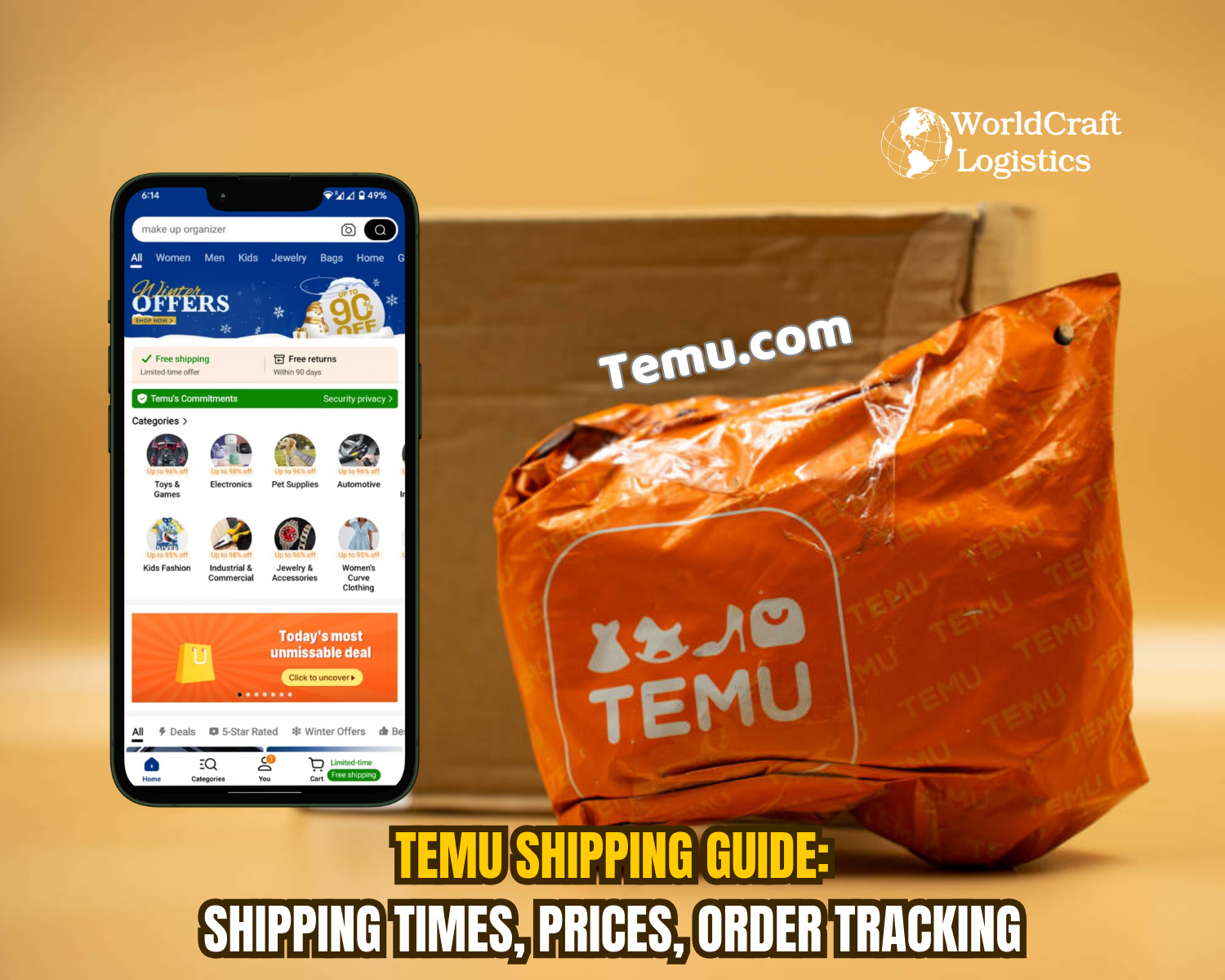
Education
01/05/2025

Education
02/18/2025
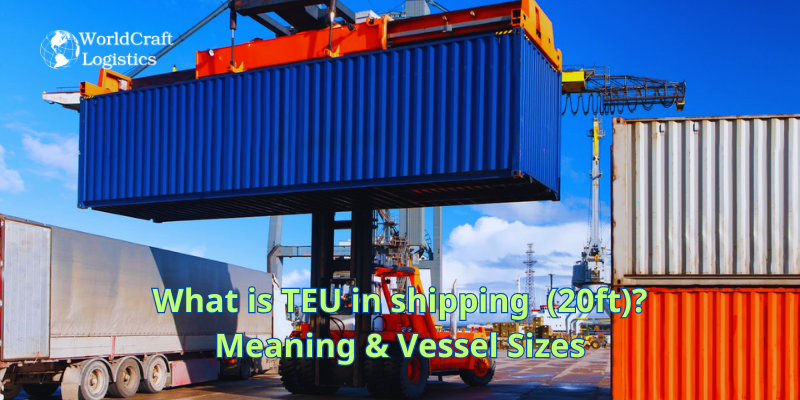
Education
01/01/2024
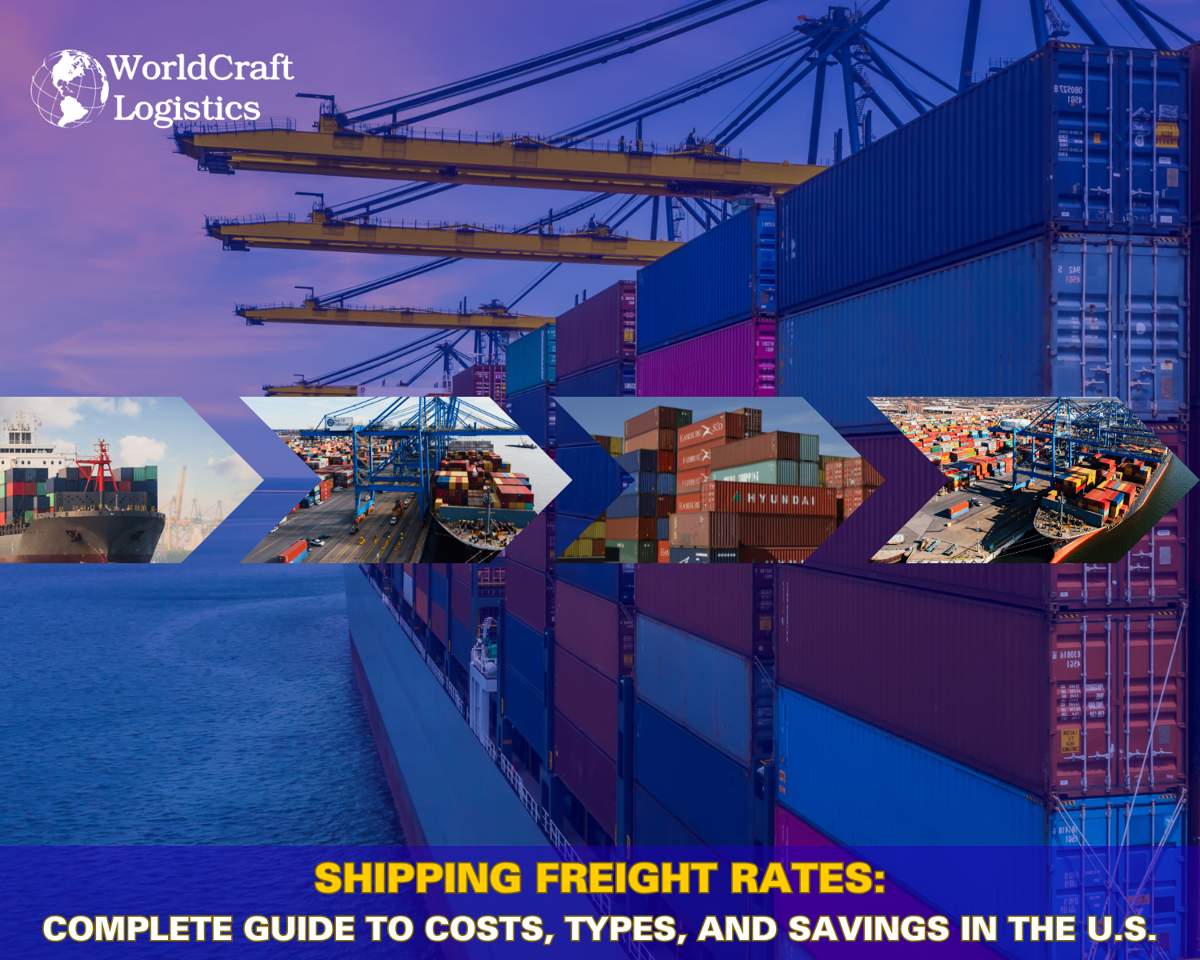
Education
09/09/2025
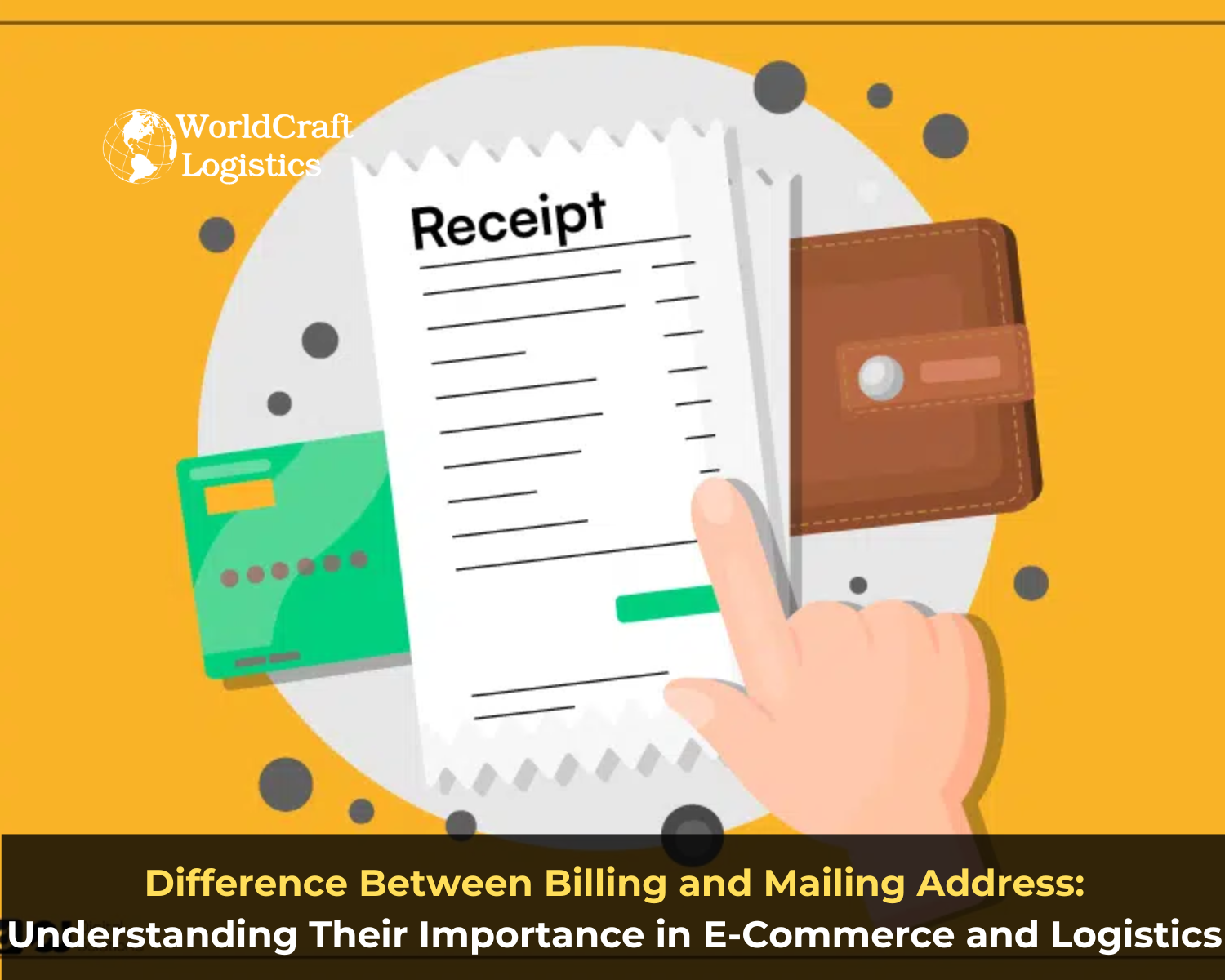
Education
08/28/2024